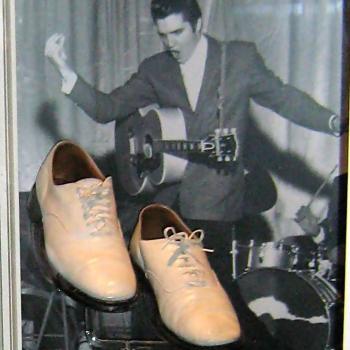a listicle, and for some reason I saved the best stuff for the end, so feel free to hate me:
There’s a narrative that comes up whenever addiction is discussed publicly nowadays: the narrative in which the disease of addiction essentially replaces a person’s free will.
The barroom-wisdom version of it is the old line, “First the man takes a drink. Then the drink takes a drink. Then the drink takes the man.” A fairly heartbreaking version of it comes in this interview with author (and father of an addict) David Sheff: “Once I started realizing that my son was not making choices, I went from being angry and judgmental to being able to look at him with compassion: He’s sick; he needs help. It also allowed me to figure out what I needed to do: He’s sick; he needs to be treated.”
This narrative is, to put it mildly, not uncontested. Lots of addicts don’t agree with this description of our problem. Lots of non-addicts also disagree, typically more virulently (but I guess I’m biased), and insist that addicts are doing it on purpose: That’s a narrative I seem to see more on the right than on the left, though these are personal enough matters that ideological categories get blurry. The whole debate over how fully you want to reify the disease metaphor (which is what it is—that’s not bad, metaphors are a normal and poetic part of human understanding) gets tangled up in related debates about Alcoholics Anonymous, metaphors of surrender, treatment and/as/vs. punishment, and the promotion of personal responsibility.
There are five things wrong with an overemphasis on disease at the expense of free will—but the reaction against the disease metaphor often merely serves to strengthen it. First, the five things:











